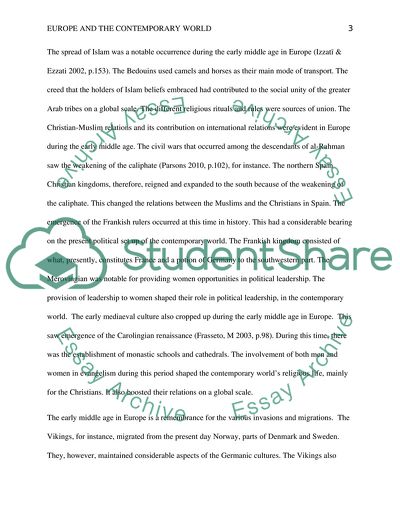Cite this document
(Europe in the Contemporary World Article Example | Topics and Well Written Essays - 2000 words, n.d.)
Europe in the Contemporary World Article Example | Topics and Well Written Essays - 2000 words. https://studentshare.org/history/1780150-europe-in-the-contemporary-world
Europe in the Contemporary World Article Example | Topics and Well Written Essays - 2000 words. https://studentshare.org/history/1780150-europe-in-the-contemporary-world
(Europe in the Contemporary World Article Example | Topics and Well Written Essays - 2000 Words)
Europe in the Contemporary World Article Example | Topics and Well Written Essays - 2000 Words. https://studentshare.org/history/1780150-europe-in-the-contemporary-world.
Europe in the Contemporary World Article Example | Topics and Well Written Essays - 2000 Words. https://studentshare.org/history/1780150-europe-in-the-contemporary-world.
“Europe in the Contemporary World Article Example | Topics and Well Written Essays - 2000 Words”. https://studentshare.org/history/1780150-europe-in-the-contemporary-world.


